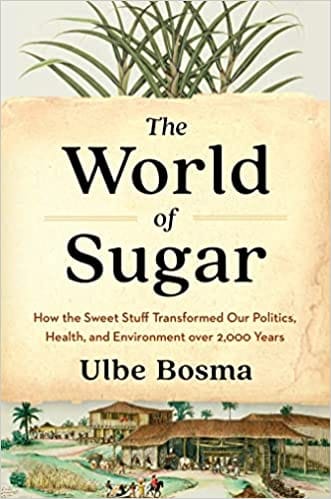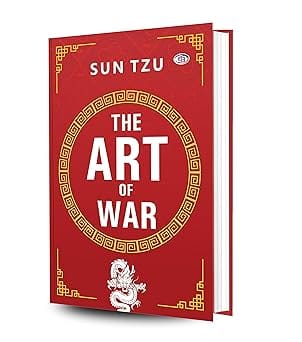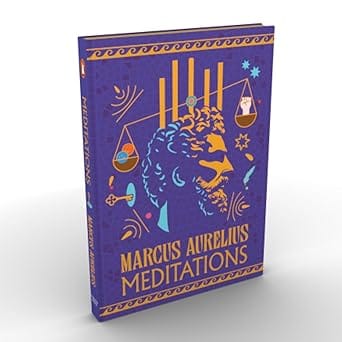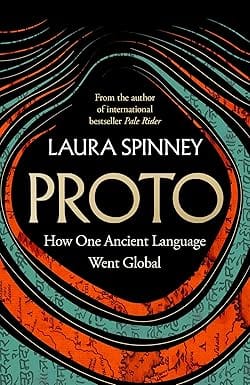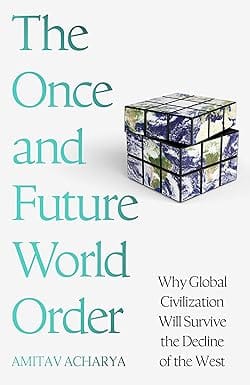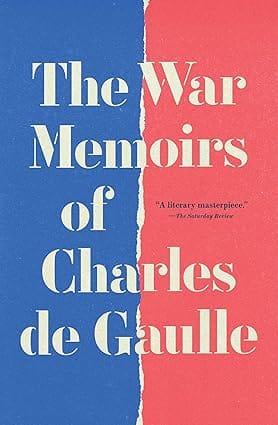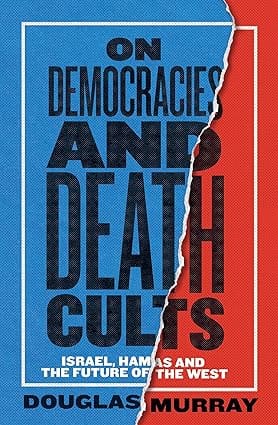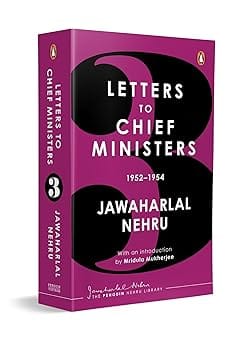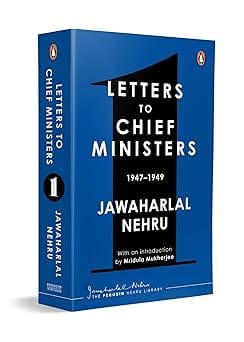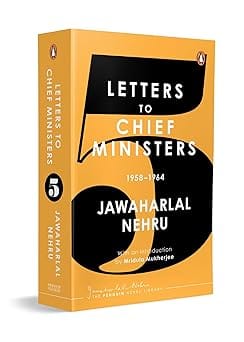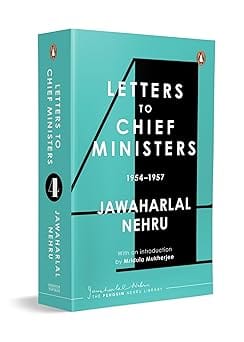- Contemporary Fiction
- Contemporary Fiction
- Children
- Children
- Comics & Graphic Novels
- Comics & Graphic Novels
- Non-Fiction
- Non-Fiction
- Fiction
- Fiction
The definitive 2,500-year history of sugar and its human costs, from its little-known origins as a luxury good in Asia to worldwide environmental devastation and the obesity pandemic.
For most of history, humans did without refined sugar. After all, it serves no necessary purpose in our diets, and extracting it from plants takes hard work and ingenuity.Granulated sugar was first produced in India around the sixth century BC, yet for almost 2,500 years afterward sugar remained marginal in the diets of most people.
Then, suddenly, it was everywhere. How did sugar find its way into almost all the food we eat, fostering illness and ecological crisis along the way?
The World of Sugar begins with the earliest evidence of sugar production. Through the Middle Ages, traders brought small quantities of the precious white crystals to rajahs, emperors, and caliphs. But after sugar crossed the Mediterranean to Europe, where cane could not be cultivated, demand spawned a brutal quest for supply. European cravings were satisfied by enslaved labor; two-thirds of the 12.5 million Africans taken across the Atlantic were destined for sugar plantations. By the twentieth century, sugar was a major source of calories in diets across Europe and North America.
Sugar transformed life on every continent, creating and destroying whole cultures through industrialization, labor migration, and changes in diet. Sugar made fortunes, corrupted governments, and shaped the policies of technocrats. And it provoked freedom cries that rang with world-changing consequences. In Ulbe Bosma’s definitive telling, to understand sugar’s past is to glimpse the origins of our own world of corn syrup and ethanol and begin to see the threat that a not-so-simple commodity poses to our bodies, our environment, and our communities.
About the Author
- Home
- History
- The World Of Sugar How The Sweet Stuff Transformed Our Politics, Health, And Environment Over 2,000 Years
The World Of Sugar How The Sweet Stuff Transformed Our Politics, Health, And Environment Over 2,000 Years
SIZE GUIDE
- ISBN: 9780674294073
- Author: Ulbe Bosma
- Publisher: Belknap Press
- Pages: 464
- Format: Hardback
Book Description
The definitive 2,500-year history of sugar and its human costs, from its little-known origins as a luxury good in Asia to worldwide environmental devastation and the obesity pandemic.
For most of history, humans did without refined sugar. After all, it serves no necessary purpose in our diets, and extracting it from plants takes hard work and ingenuity.Granulated sugar was first produced in India around the sixth century BC, yet for almost 2,500 years afterward sugar remained marginal in the diets of most people.
Then, suddenly, it was everywhere. How did sugar find its way into almost all the food we eat, fostering illness and ecological crisis along the way?
The World of Sugar begins with the earliest evidence of sugar production. Through the Middle Ages, traders brought small quantities of the precious white crystals to rajahs, emperors, and caliphs. But after sugar crossed the Mediterranean to Europe, where cane could not be cultivated, demand spawned a brutal quest for supply. European cravings were satisfied by enslaved labor; two-thirds of the 12.5 million Africans taken across the Atlantic were destined for sugar plantations. By the twentieth century, sugar was a major source of calories in diets across Europe and North America.
Sugar transformed life on every continent, creating and destroying whole cultures through industrialization, labor migration, and changes in diet. Sugar made fortunes, corrupted governments, and shaped the policies of technocrats. And it provoked freedom cries that rang with world-changing consequences. In Ulbe Bosma’s definitive telling, to understand sugar’s past is to glimpse the origins of our own world of corn syrup and ethanol and begin to see the threat that a not-so-simple commodity poses to our bodies, our environment, and our communities.
About the Author
User reviews
NEWSLETTER
Subscribe to get Email Updates!
Thanks for subscribing.
Your response has been recorded.

India's Iconic & Independent Book Store offering a vast selection of books across a variety of genres Since 1978.
"We Believe In The Power of Books" Our mission is to make books accessible to everyone, and to cultivate a culture of reading and learning. We strive to provide a wide range of books, from classic literature, sci-fi and fantasy, to graphic novels, biographies and self-help books, so that everyone can find something to read.
Whether you’re looking for your next great read, a gift for someone special, or just browsing, Midland is here to make your book-buying experience easy and enjoyable.
We are shipping pan India and across the world.
For Bulk Order / Corporate Gifting
 +91 9818282497 |
+91 9818282497 |  [email protected]
[email protected]
Click To Know More
INFORMATION
QUICK LINKS
ADDRESS
Shop No.20, Aurobindo Palace Market, Near Church, New Delhi

